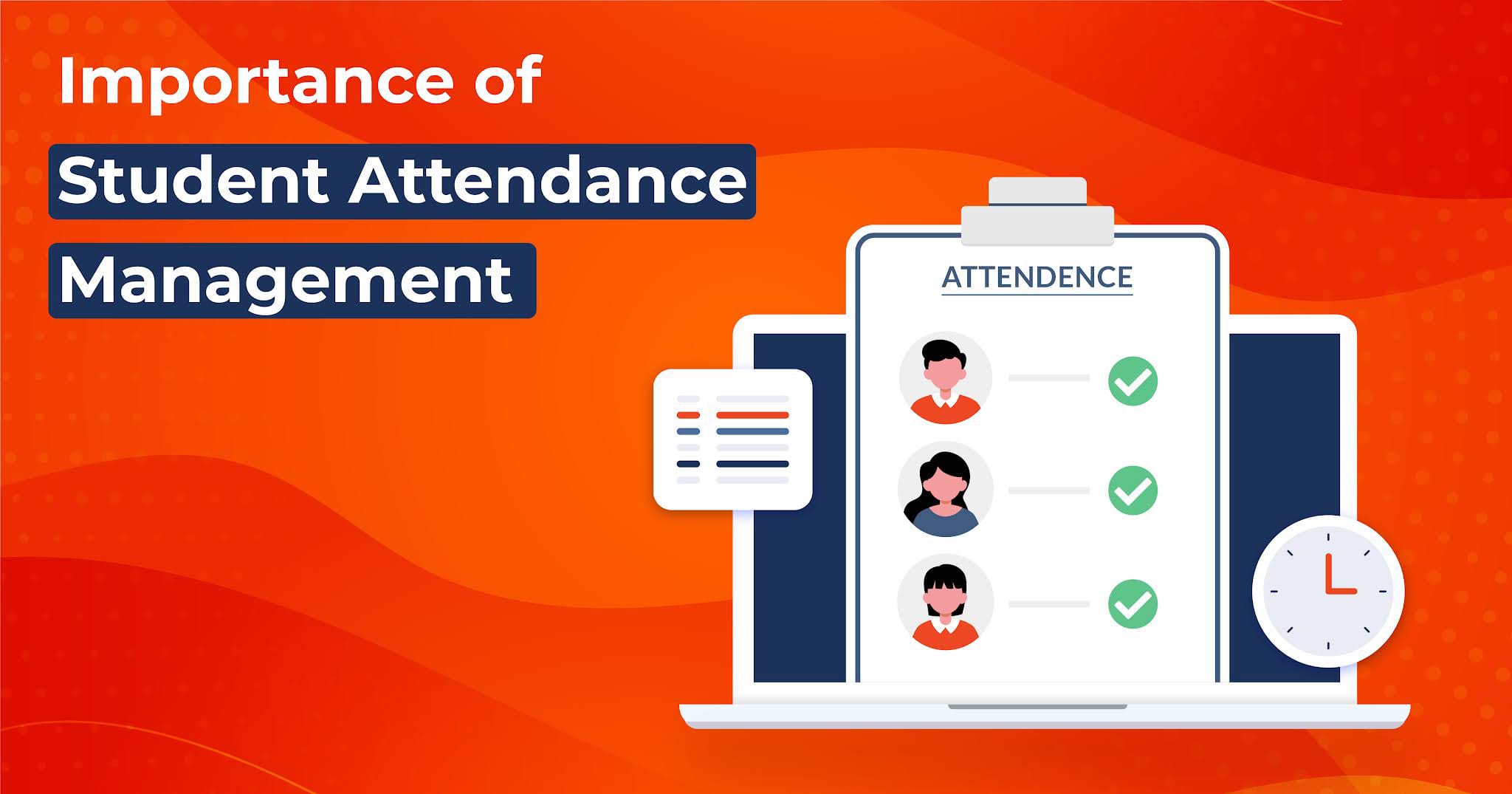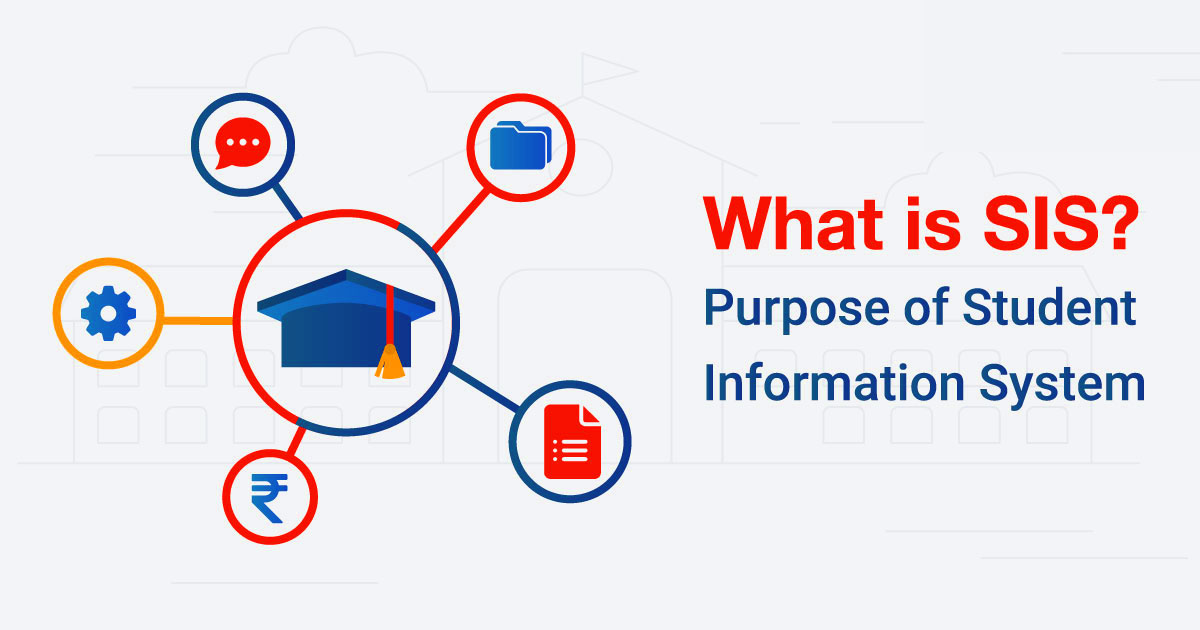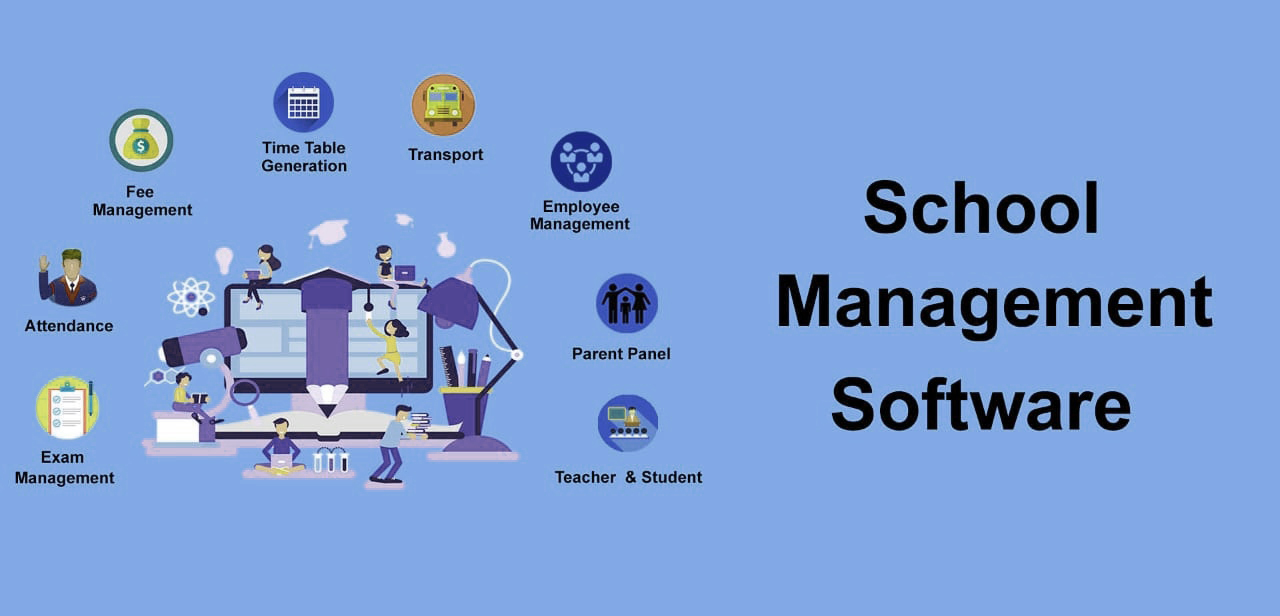Choosing the Right Campus Management System: 10 Key Considerations
Are you looking to revolutionize the way your educational institution operates? Are you tired of manual administrative tasks and fragmented systems? It’s time to explore the world of campus management systems—an all-in-one solution that can streamline your processes, enhance collaboration, and drive efficiency.
In this article, we will take you on a journey to discover the key considerations when choosing the right campus management system for your institution. Whether you’re a university, college, or school, this guide will equip you with the knowledge you need to make an informed decision. Get ready to unlock the potential of technology and transform the way you manage your campus!
Why adopt a campus management system ?
Managing the operations of an educational institution can be a complex and demanding task. With numerous administrative tasks, student information to track, and communication channels to maintain, it’s easy to become overwhelmed. This is where a campus management system comes in as a game-changer. By choosing the right campus management system, educational institutions can reap a multitude of benefits. Some of the reasons to adopt a campus management system include:
Efficiency and Automation
A campus management system streamlines administrative tasks, automating processes such as student enrollment, course registration, and fee management. This saves time, reduces errors, and increases overall efficiency.
Seamless Collaboration
By acting as a centralized hub, a campus management system facilitates smooth communication and information sharing among different departments and stakeholders. Faculty, administrators, and students can access relevant data and communication channels, fostering collaboration and productivity.
Data-Driven Decision Making
Robust reporting and analytics capabilities in a campus management system provide real-time insights on student performance, attendance, and resource allocation. Institutions can make data-driven decisions, identify trends, and optimize their operations for better outcomes.
Enhanced Student Experience
A campus management system offers online portals for students to access course materials, grades, and personalized communication channels. This improves convenience and engagement, leading to higher student satisfaction, retention, and success.
Commitment to Innovation
Adopting a campus management system demonstrates an institution’s commitment to staying up-to-date with technology and meeting the evolving needs of students and staff. It positions the institution for growth, scalability, and adaptability in a digital era.
Types of Institutes that can adopt a Campus Management System
Campus management systems are versatile solutions that can cater to various types of educational institutes. Whether you’re a university, college, or school, choosing the right campus management system can significantly transform your institution’s operations. Here are some examples of institutes that can benefit from implementing a campus management system:
Universities
Campus management systems are particularly valuable for universities that have complex organizational structures and a large number of departments. These systems can streamline administrative tasks, facilitate course management, support research activities, and improve communication between faculty, students, and administration.
Colleges
Colleges, whether they focus on arts, sciences, commerce, or vocational training, can greatly benefit from a campus management system. These systems provide a centralized platform to manage admissions, student records, timetables, grading, and financial aspects. They enhance collaboration among faculty, students, and support staff, leading to smoother operations and improved outcomes.
Schools
From primary schools to high schools, campus management systems offer numerous advantages. They automate attendance tracking, grade management, parent-teacher communication, and scheduling. Additionally, these systems can facilitate online learning, assignment submission, and extracurricular activity management, providing a comprehensive solution for school administration.
Online Education Platforms
With the rise of online education, campus management systems play a crucial role in managing virtual classrooms, course delivery, and student interactions. These systems offer features such as online enrollment, virtual assessments, discussion forums, and progress tracking, ensuring a seamless online learning experience.
Vocational Training Institutes
Institutes providing vocational training, such as technical schools, professional development centers, or trade schools, can benefit from campus management systems. These systems assist in managing enrollment, tracking certifications, scheduling workshops, and coordinating industry placements, making vocational training more efficient and organized.
Continuing Education Centers
Institutes offering continuing education programs, adult learning courses, or professional development workshops can leverage campus management systems to manage course registrations, track progress, issue certificates, and handle payment processing. These systems simplify the administrative tasks associated with continuing education and foster lifelong learning.
It’s important to note that the adaptability of campus management systems makes them suitable for institutes of various sizes, from small institutions to large educational networks. Whether your institute focuses on traditional classroom-based learning or embraces online and blended learning approaches, a campus management system can be customized to meet your specific needs.
10 key considerations when choosing the Right Campus Management System
1. Scalability
Consider the scalability of the campus management system to ensure it can accommodate the growth and evolving needs of your educational institution. Evaluate the system’s capacity to handle increasing student enrollment, expanding departments, and future technological advancements. Assess if it can handle a larger user base, higher data volumes, and increased system usage without compromising performance or functionality.
2. Customization Options
Look for a campus management system that offers customization options to align with your institution’s unique requirements. Assess whether the system allows you to tailor workflows, data fields, and reporting capabilities to match your specific processes. The ability to customize the system ensures it can adapt to your institution’s specific needs and workflows, promoting seamless integration and optimal efficiency.
3. User-Friendly Interface
Evaluate the user interface of the campus management system. It should be intuitive, visually appealing, and user-friendly, allowing staff, faculty, and students to navigate the system with ease. A clean and organized interface, with clear labeling and logical workflows, minimizes the learning curve and enables users to perform tasks efficiently without extensive training or technical expertise.
4. Integration Capabilities
Consider the integration capabilities of the campus management system with other existing software and systems in your institution. Determine if the system can seamlessly integrate with learning management systems, student information systems, finance systems, library management systems, or other relevant platforms. Integration eliminates data silos, reduces manual data entry, and ensures smooth information flow across different systems.
5. Mobile Accessibility
In today’s mobile-driven world, mobile accessibility is crucial. Verify if the campus management system offers mobile compatibility or a dedicated mobile application. Mobile access enables users to perform essential tasks, access information, and communicate on-the-go using their smartphones or tablets. This flexibility enhances convenience, accessibility, and productivity for faculty, staff, and students.
6. Data Security and Privacy
Prioritize data security and privacy when selecting a campus management system. Evaluate the system’s security measures, including encryption protocols, access controls, and data backup procedures. Ensure the system follows industry-standard security practices and complies with relevant data protection regulations. A robust security framework safeguards sensitive information, protects against unauthorized access, and preserves the privacy of student and institutional data.
7. Customer Support and Training
Evaluate the customer support and training options provided by the vendor. Determine the level of support offered during implementation, system configuration, and ongoing usage. Consider the availability of training resources, documentation, online tutorials, and user forums. Responsive customer support is essential to address technical issues promptly and minimize system downtime.
8. Reporting and Analytics
Consider the reporting and analytics capabilities of the campus management system. Assess if the system provides robust reporting tools and analytics features that enable administrators to generate meaningful insights from data. Look for features like customizable dashboards, real-time analytics, and the ability to create custom reports. Powerful reporting and analytics empower institutions to track key metrics, identify trends, and make data-driven decisions to enhance performance and student outcomes.
9. Affordability and Total Cost of Ownership
Evaluate the affordability and total cost of ownership of the campus management system. Consider not only the upfront implementation costs but also ongoing expenses, such as licensing fees, maintenance fees, and potential customization costs. Assess the value the system offers in relation to its cost, taking into account the long-term benefits, return on investment, and scalability.
10. Vendor Reputation and Experience
Research the reputation and experience of the vendor offering the campus management system. Consider factors such as their track record in the education industry, client testimonials, case studies, and their commitment to product development and improvement. Evaluate their expertise in implementing and supporting campus management systems. Choosing a reputable and experienced vendor reduces the risks associated with system implementation, ensures reliable support, and provides confidence in the long-term viability.
Why Edinfini Campus Management System ?
When it comes to choosing the right campus management system for your educational institution, Edinfini stands out as a top choice with a full range of features and modules. Being the Best Campus Management Software in South Asia and other regions, the benefits of the Campus management system has been brought forward in its entirety by Edinfini. Covering all aspects of university management, student administration, learning management, and miscellaneous processes, Edinfini is a highly preferred university ERP system. Schedule a demo or call an advisor from Edinfini to get started on the journey to make your university completely digitized, paperless, highly efficient, transparent, silo-less, student and teacher friendly, and a preferred university.











